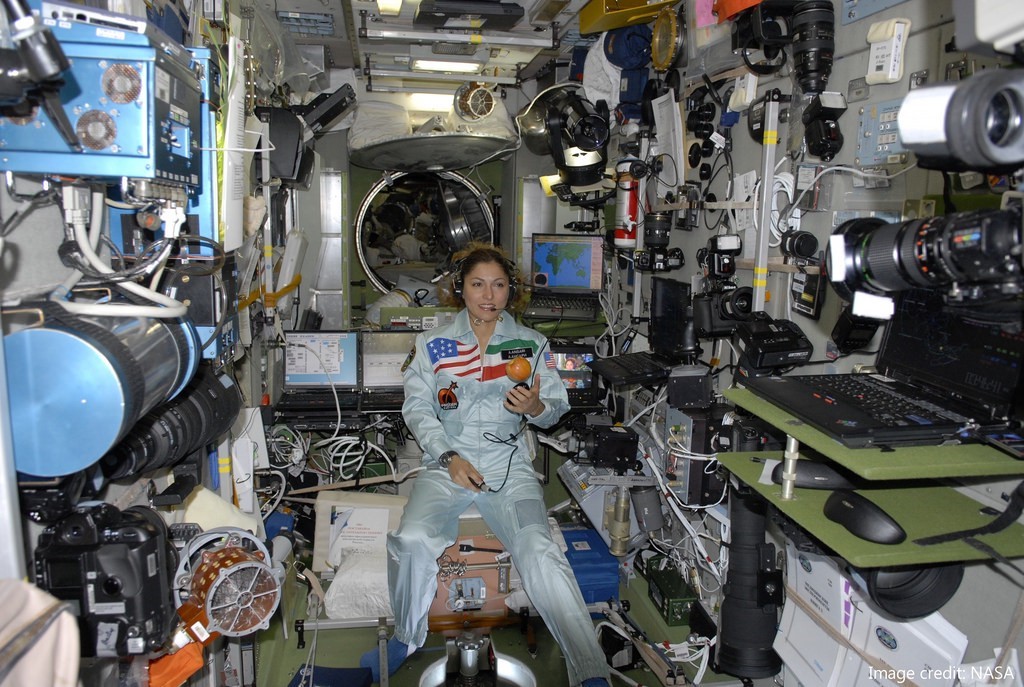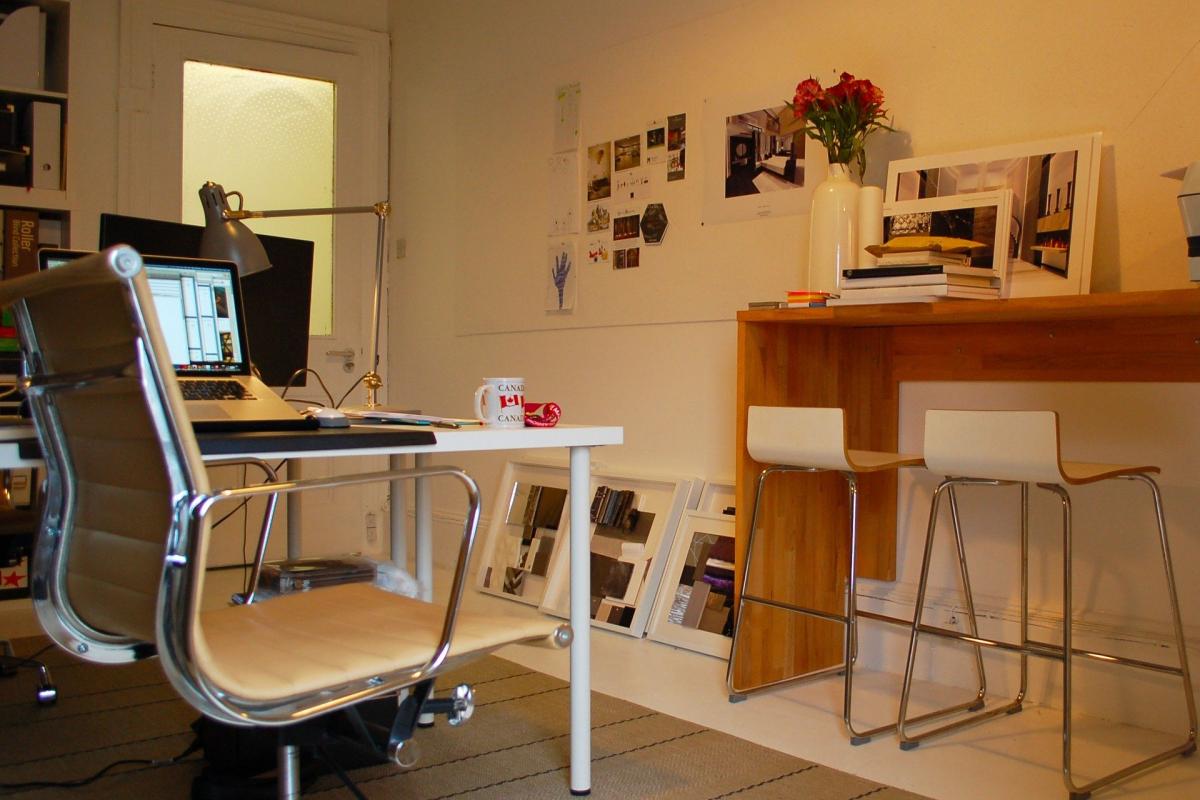A warning and preparation for ‘proximal workers’ forced to self-isolate for a multiweek period.
Working from home is nothing new. But few of us have tried it for 14 weeks without any social gatherings to break up the monotony. While a lockdown is looking increasingly likely, what can you do to prepare your team and yourself? My college Professor was an ex-Antarctic explorer. His advice has come back to me after 30 years.

Working from home. When home is a tent in -30C
I’ve just been asked by a large UK retailer to design a workshop on extended homeworking for their writers.
The firm has resilience plans in place. But resilience plans cover functionality. The Directors at this firm are smart enough to realise that they’ll also have to keep the team working effectively when things change. And the point my Professor made 3 decades ago was that when times are tough, functionality is important. But it’s more important to pay attention to the human stuff. Especially as some people, at certain moments, cope less well than others.
Why the retailer’s focus on their writers? I’ve got a soft spot for copywriters, having been one myself before I set up my tone of voice agency. And I know that they’re often ‘proximal workers’: never quite wanting to be in the middle of the bustle, but prone to melancholy if they’re completely isolated. Keeping them happy, healthy and motivated will be a critical issue.
If you’re running a team of 20-30 writers, you can easily have a £1M payroll walking out the door and out of sight for 3 months. What then?
My professor’s advice was that Preparation was essential. And starting early was critical. Some of the stuff you can do now:
- Reach agreement on the new ‘Ts & Cs’ between writers and managers: should they always answer their phone within 3 rings? What times of day is it ok to be unavailable? Why it’s important to not sound like you’ve just woken up when you’re on a conference call at 9am.
- What channels will you use to contact each other? If you’re writing for tech companies, they’ll have their own preferences for software to host meetings. But what will you use?
- What formal and informal team activities can you run? We’re social animals (even copywriters, in their own way) and interaction happens naturally in the office. What can you prep to make sure you’re coordinating your writers when they’re hundreds of miles apart?
- How can you help your writers set their home space up so it’s free of distractions? What will they do if their spouses or flatmates are also self-isolating and working from home?
- There are also some learnings from the International Space Station as well. And most writers’ flats have about as much space as the ISS, so it’s useful.

About as much space as a Zone 4 apartment
To stay effective, you need to install good habits immediately. While it might be great not to have a 60 minute commute, sitting on a Skype call with your pyjama top poking out of your hoodie does not make you feel professional. And it’s great to be able to just walk away from your laptop at the end of the day, but what happens when you keep seeing it out of the corner of your eye when you’re having dinner with your family?
What happens when the novelty of the new situation wears off (Day 3, usually.)? There are some productivity metrics that writers can you use to keep an eye on their own output. But pay attention to issues of health and happiness as well – these feed your productivity.
One of our writers in the States who’s a homeworker gave these 3 great tips for a writer working from home for a long time:
- Have (healthy) snacks on your desk — this stops you going off and lingering in the fridge for 15 minutes.
- Kill all multitasking. We all know that. But there’s a lot more opportunity at home: the laundry, the cat, the neighbour’s Amazon parcel…what is in there?…maybe if I just lift this flap a little I can peek inside…
- Move, breathe, exercise. With almost no legitimate distractions, you can find yourself hunched over a desk for several hours:
Physical stagnation encourages mental stagnation.
Get up and move around at least once an hour. Have at least 2x 5-minute meditation sessions a day IN A DIFFERENT ROOM.
Preparation. Effectiveness. Healthy and Happy. These are the 3 areas to focus on but I’m sure I’ve missed some things. Please, let me know and we’ll share them.
And I’m not intending to capitalise on the biggest national threat to our health for 100 years. I’m offering the workshop to the retailer on a ‘pay what you want, pay when you want’ basis. It’s something I’ll be extending to other firms who are genuinely interested in the wellbeing and mental health of their teams.
I’ll be sharing more tips that I’m given and writing more about brand tone of voice, writing styles and the life of professional writers here on LinkedIn.
I know this will be tough. I know we’ll lose some loved ones. I know we’ll get through this. Speak soon. Chris.



